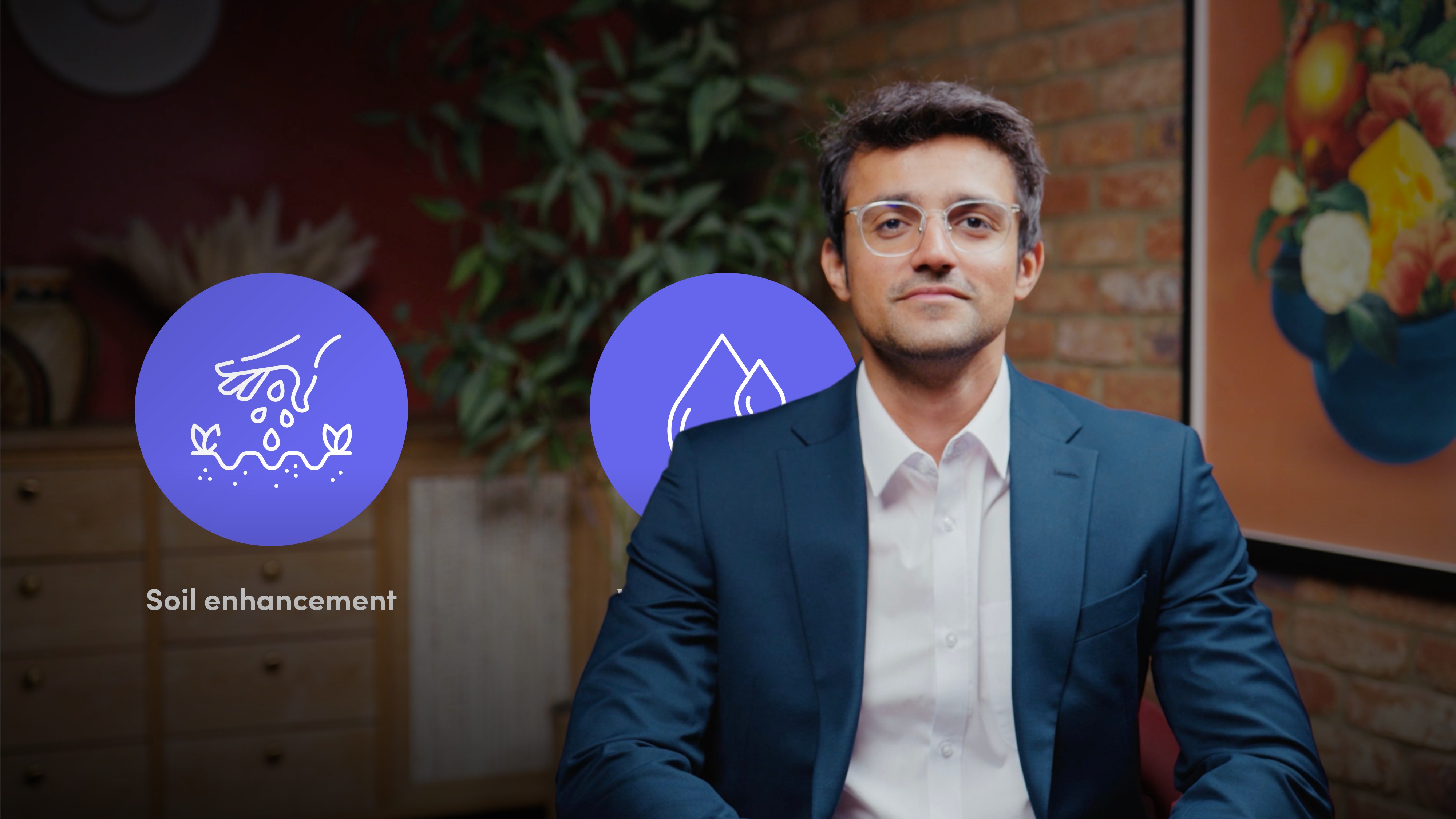
Practical Benefits of Biochar

Siddharth Kaul
9 years: Renewable & Low Carbon Fuels
You've likely never heard of biochar, despite it being an ancient practice. Join Siddharth Kaul as he explores the practical benefits of biochar.
You've likely never heard of biochar, despite it being an ancient practice. Join Siddharth Kaul as he explores the practical benefits of biochar.
Subscribe to watch
Access this and all of the content on our platform by signing up for a 7-day free trial.

Practical Benefits of Biochar
5 mins 53 secs
Key learning objectives:
Identify the disadvantages of incinerating rice husks
Outline the benefits of biochar
Understand how biochar can create a circular economy
Overview:
Many rice mills sell their rice husk to power plants to incinerate for power and heat. This is economically efficient but bad for the environment, as it releases carbon into the atmosphere and creates a hazardous environment for soils. Biochar provides long-term carbon storage, increases agricultural yields, enhances soils and increases water retention.
Subscribe to watch
Access this and all of the content on our platform by signing up for a 7-day free trial.
Subscribe to watch
Access this and all of the content on our platform by signing up for a 7-day free trial.

Siddharth Kaul
There are no available Videos from "Siddharth Kaul"





























